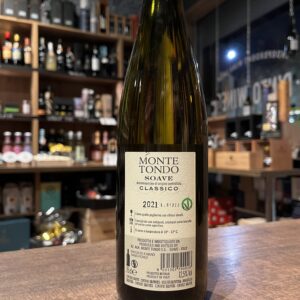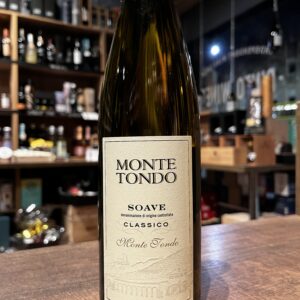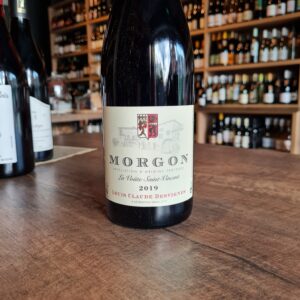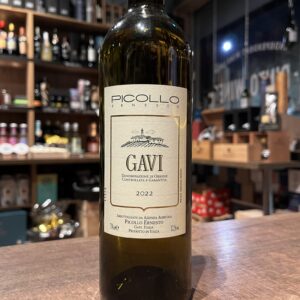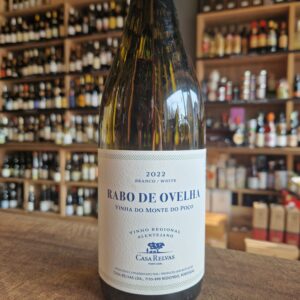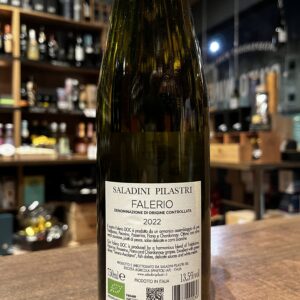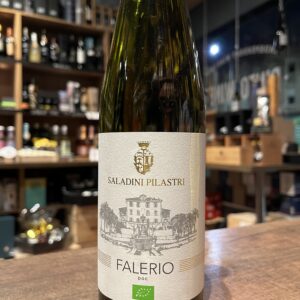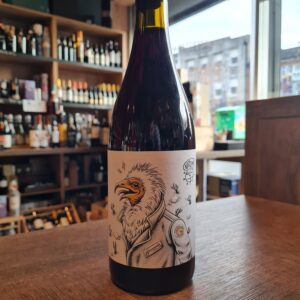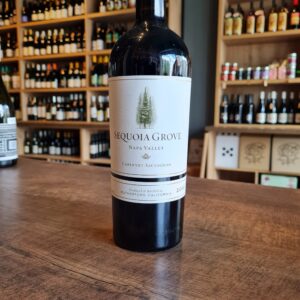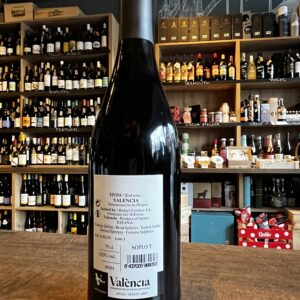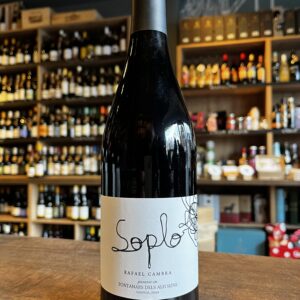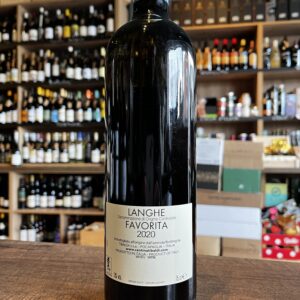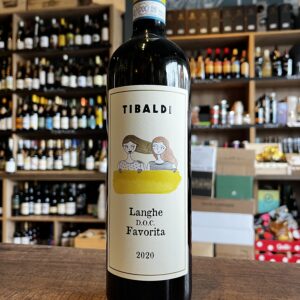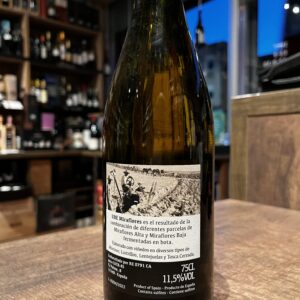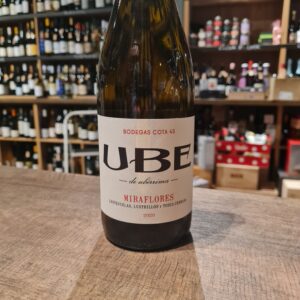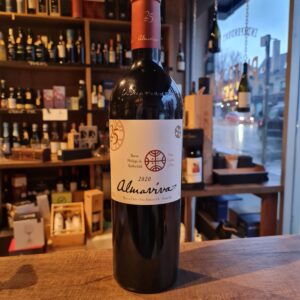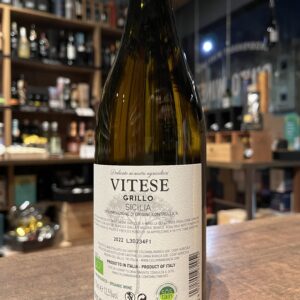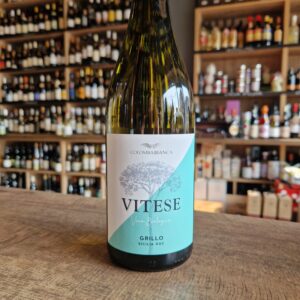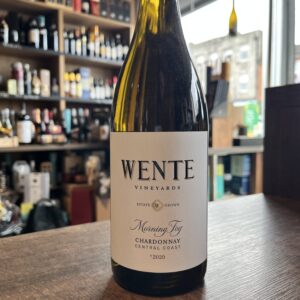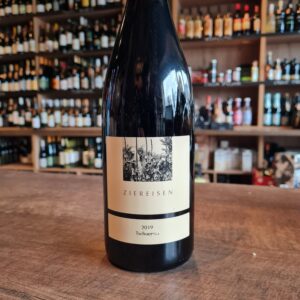Monte Tondo is a family estate located in the beautiful hillside vineyards of Soave. Here the soils range from volcanic to chalky, which alongside the varying microclimates, gives the wines distinct flavour characteristics and individualistic style.
Alongside his family, winemaker Gino Magnabosco is part of the third generation to run the estate. They believe that hard work, drive, and determination are key to obtaining the best results from their land. Maintaining, nourishing, and cherishing the land of their ancestors is of utmost importance. And although not certified, they farm using organic practices and an environmentally friendly approach to both viticulture and vinification. No chemicals are used in their production and they recycle everything excess coming from the vineyard (stems as fertilizers, skins for grappa, pruned branches for heating and fertilizer).
Small proportions of other varieties are allowed in the production of Soave, but Monte Tondo focus their concentration purely on Garganega. Garganega is a variety so versatile and easily culinary matched but also with the ability to produce complex wines with age-ability.
A very good example of Soave at a very good price. This over-delivers.. Perfect with salads and light fish and shellfish dishes.


